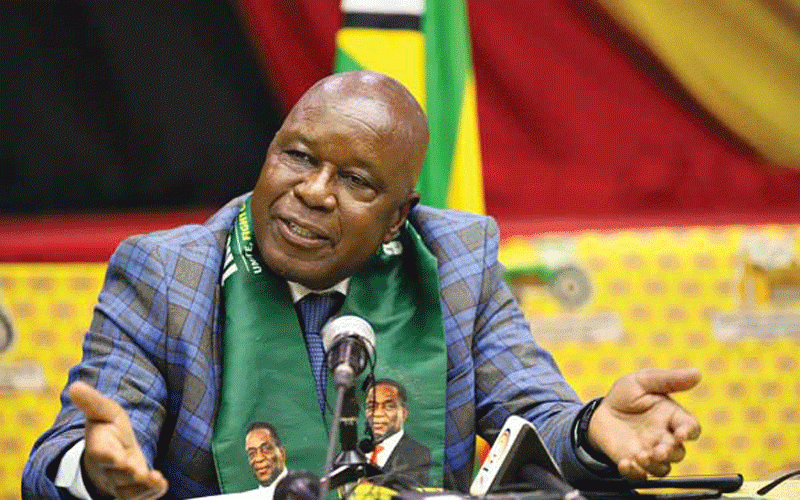
THE United Kingdom has toughened its stance on Zimbabwe saying its future support for a bailout on the country requires demonstrable progress on human rights, governance and rule of law, in addition to economic reforms.
BY BUSINESS REPORTER
Zimbabwe is racing against time to clear its combined $1,8 billion arrears to the three preferred creditors — the World Bank, International Monetary Fund and the African Development Bank (AfDB) — to be able to access cheap financing to help reboot the country.
A meeting between Finance minister Patrick Chinamasa and former UK minister Lord Mandelson had fuelled speculation that the UK would bail out Zimbabwe. The former trade commissioner chairs Lazard group which, together with the African Export-Import Bank, would mobilise close to $1 billion to help Zimbabwe clear the World Bank’s $1,1 billion debt.
In a statement, the British Embassy in Harare said the UK was not ‘bailing out’ Zimbabwe, adding that no UK taxpayers’ money has been or would be used “to directly fund the government of Zimbabwe”.
“Whilst Zimbabwe continues to seek re-financing options to clear its debt arrears to the World Bank, any decision on future UK support for a multi-year IMF programme would require demonstrable progress on human rights, governance and rule of law, in addition to economic reform,” it said.
Lord Mandelson’s meeting with Chinamasa, which was also attended by British Ambassador to Zimbabwe Catriona Laing, has drawn apprehension in Zimbabwe. British MP for Vauxhall Kate Hoey said last week that no bailout should be given to Zimbabwe until President Robert Mugabe leaves office.
- Chamisa under fire over US$120K donation
- Mavhunga puts DeMbare into Chibuku quarterfinals
- Pension funds bet on Cabora Bassa oilfields
- Councils defy govt fire tender directive
Keep Reading
The British Embassy said Lord Mandelson was not attending in his capacity as senior adviser to an investment bank. “There was no discussion of loans or transactions of any nature with minister Chinamasa. The meeting focussed on the economic reform agenda,” it said.
The Embassy said Lord Mandelson asked the Foreign and Commonwealth Office if he could be of assistance in promoting UK government objectives in Zimbabwe.
“Given Lord Mandelson’s experience as a senior UK minister and European Union Commissioner for Trade, we agreed he could help reinforce the case for economic reform with the government of Zimbabwe,” it said.
According to Zimbabwe’s debt clearance plan presented to the preferred creditors in Lima, Peru last year, the first step would be for government to use the bridge loan facility arranged by its debt advisors, the African Export-Import Bank, to clear its outstanding arrears to AfDB ($585 million) and African Development Fund ($16 million).
The bridge loan would be repaid using inflows from the Fragile State Facility of AfDB, the document said.
Zimbabwe said it would use government’s Special Drawing Rights holdings to clear the $110 million owed to IMF.
Government said it would secure a medium to long-term loan to clear its $1,1 billion arrears to the World Bank.
The debt clearance strategy would be supported by bold policy reform measures aimed at debt sustainability and improving the socio-economic environment that include strengthening financial sector confidence, accelerating the re-engagement process with the international community and revitalising agriculture and the agro-processing value chain.












